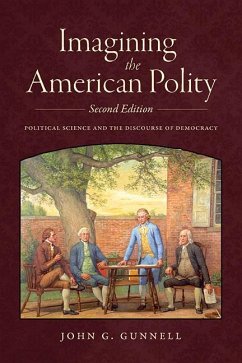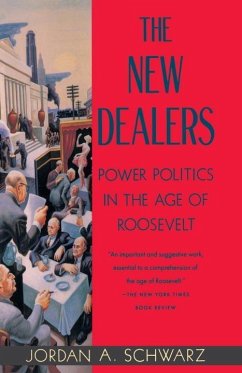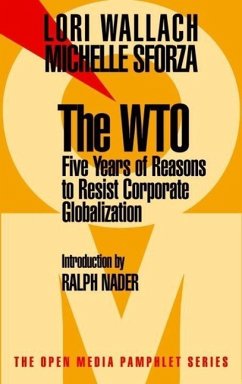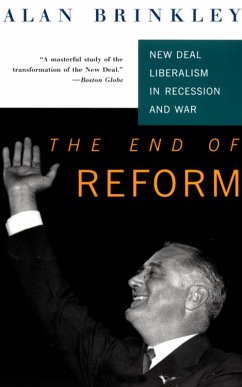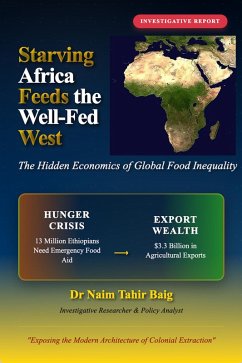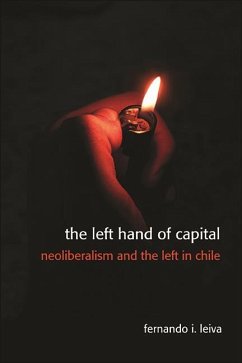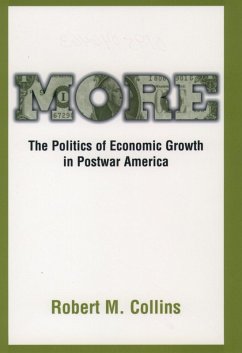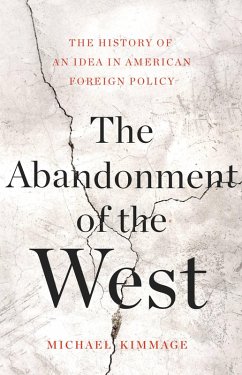
Imagining the Fed (eBook, ePUB)
The Struggle for the Heart of the Federal Reserve, 1913-1970
Versandkostenfrei!
Sofort per Download lieferbar
27,95 €
inkl. MwSt.
Weitere Ausgaben:

PAYBACK Punkte
14 °P sammeln!
Traces the six-decade struggle for power within the Federal Reserve System from the perspective of the central bankers who shaped the Fed.Imagining the Fed traces a six-decade struggle to shape the Federal Reserve's policymaking organs, the Washington-based Board and the Federal Open Market Committee. Conventional wisdom holds that Congress ended the system's struggle in 1935 by granting the Board a voting majority on the open market committee, establishing its Fed primacy. Yet, this book shows that the Fed's struggle continued flaring to yield consequential changes until 1970, when the modern...
Traces the six-decade struggle for power within the Federal Reserve System from the perspective of the central bankers who shaped the Fed.
Imagining the Fed traces a six-decade struggle to shape the Federal Reserve's policymaking organs, the Washington-based Board and the Federal Open Market Committee. Conventional wisdom holds that Congress ended the system's struggle in 1935 by granting the Board a voting majority on the open market committee, establishing its Fed primacy. Yet, this book shows that the Fed's struggle continued flaring to yield consequential changes until 1970, when the modern Fed emerged.
Nicolas Thompson explores how the Fed's evolution from a weak and fragmented sprawl into the world's most powerful central bank paralleled broader changes in the American polity. The rise and fall of hegemonic political parties remade the Board and elevated its Fed position, while the wars of the twentieth century concentrated Fed power in New York. When peace returned, however, system agents inherited a central bank that veered from the law, inviting renewed struggle. This process continued into the 1960s, when an ascendant Democratic Party loaded the Board with economists, who remade it in their image. Later partisan choices to launch unfunded wars at home and abroad unleashed inflationary forces which severed the dollar's link to gold. Freed from its golden fetters, monetary policy emerged as a domestic policy realm and Fed power durably concentrated in a new Board technocracy.
Imagining the Fed traces a six-decade struggle to shape the Federal Reserve's policymaking organs, the Washington-based Board and the Federal Open Market Committee. Conventional wisdom holds that Congress ended the system's struggle in 1935 by granting the Board a voting majority on the open market committee, establishing its Fed primacy. Yet, this book shows that the Fed's struggle continued flaring to yield consequential changes until 1970, when the modern Fed emerged.
Nicolas Thompson explores how the Fed's evolution from a weak and fragmented sprawl into the world's most powerful central bank paralleled broader changes in the American polity. The rise and fall of hegemonic political parties remade the Board and elevated its Fed position, while the wars of the twentieth century concentrated Fed power in New York. When peace returned, however, system agents inherited a central bank that veered from the law, inviting renewed struggle. This process continued into the 1960s, when an ascendant Democratic Party loaded the Board with economists, who remade it in their image. Later partisan choices to launch unfunded wars at home and abroad unleashed inflationary forces which severed the dollar's link to gold. Freed from its golden fetters, monetary policy emerged as a domestic policy realm and Fed power durably concentrated in a new Board technocracy.
Dieser Download kann aus rechtlichen Gründen nur mit Rechnungsadresse in A, D ausgeliefert werden.




